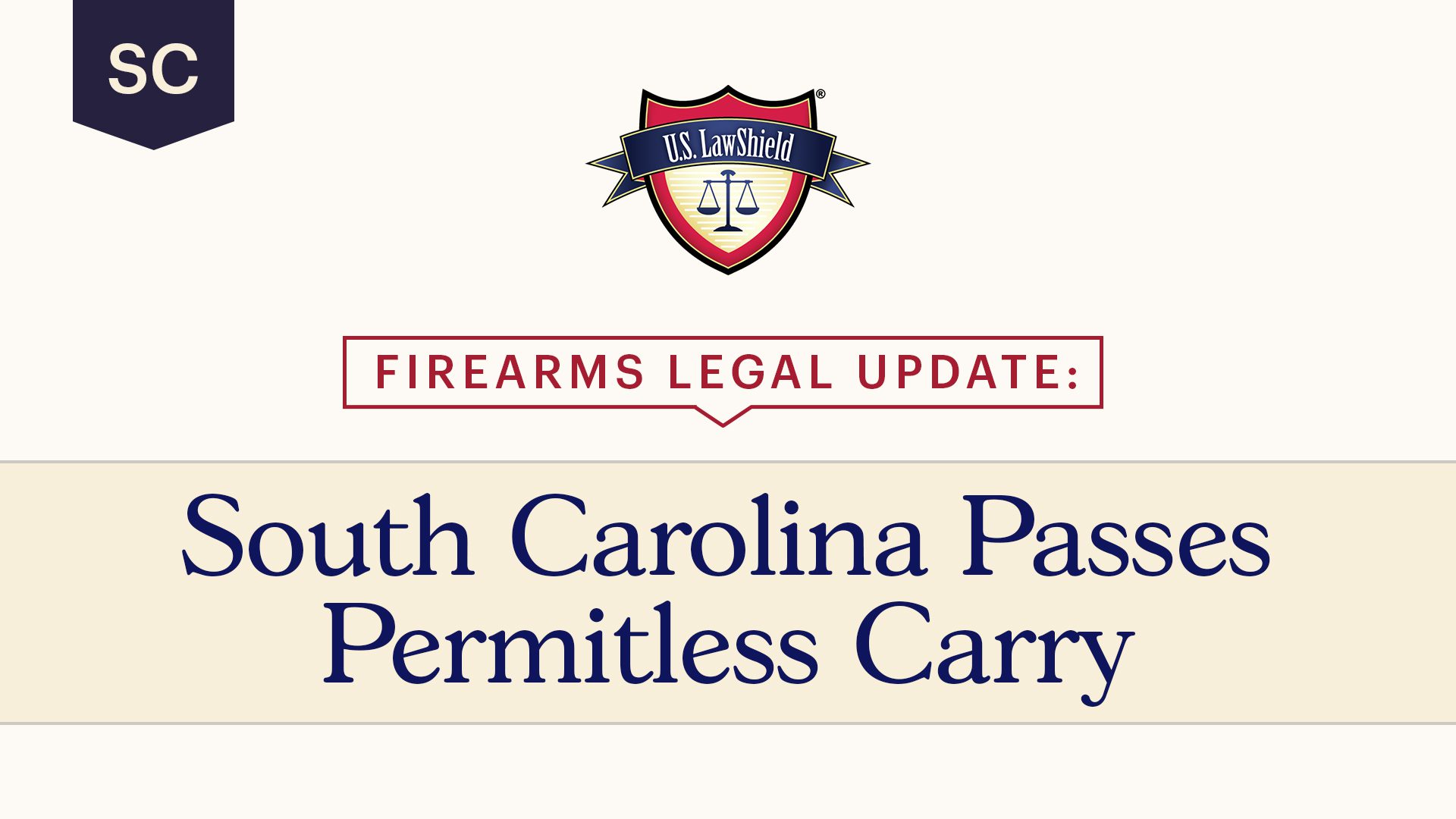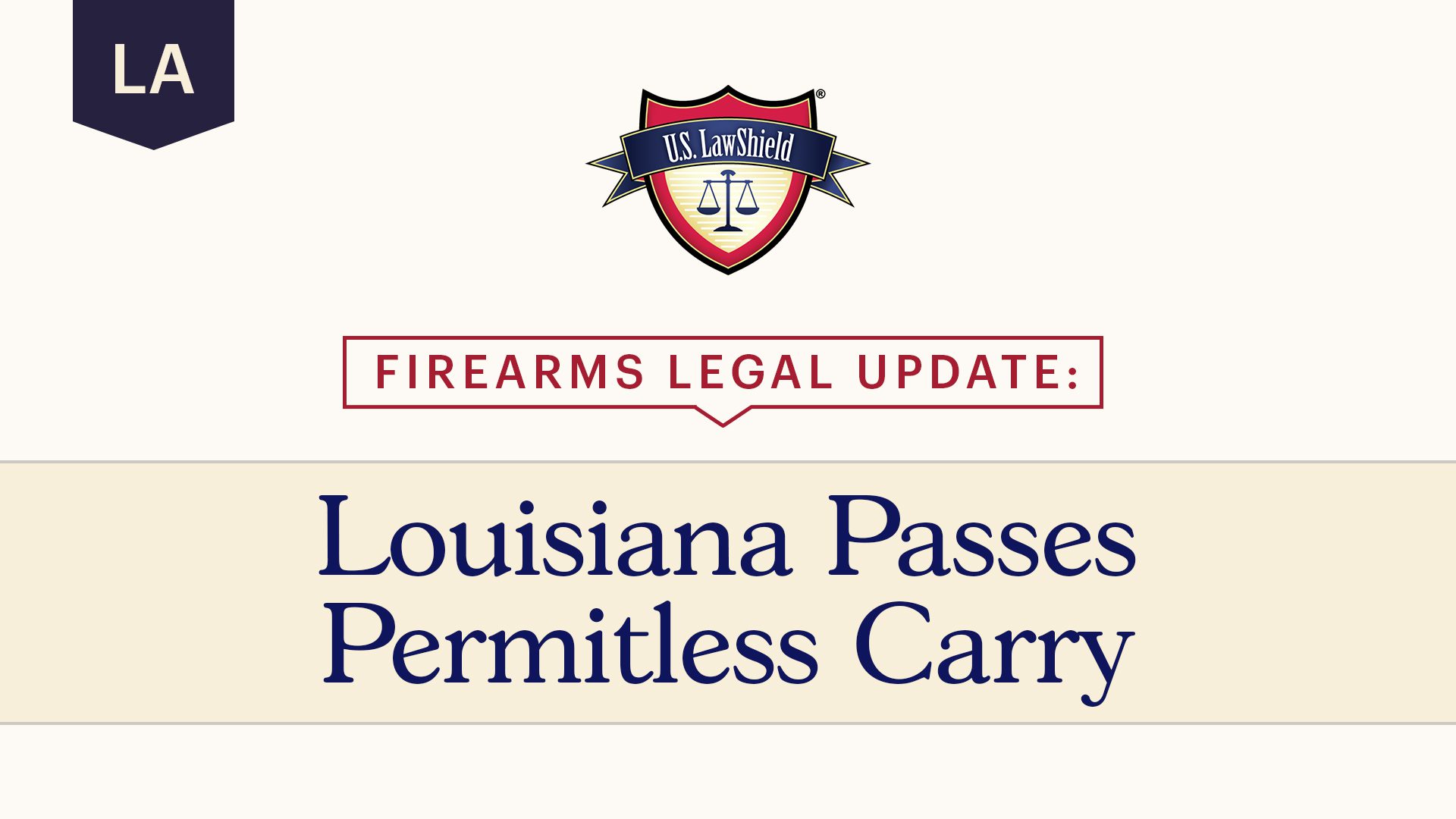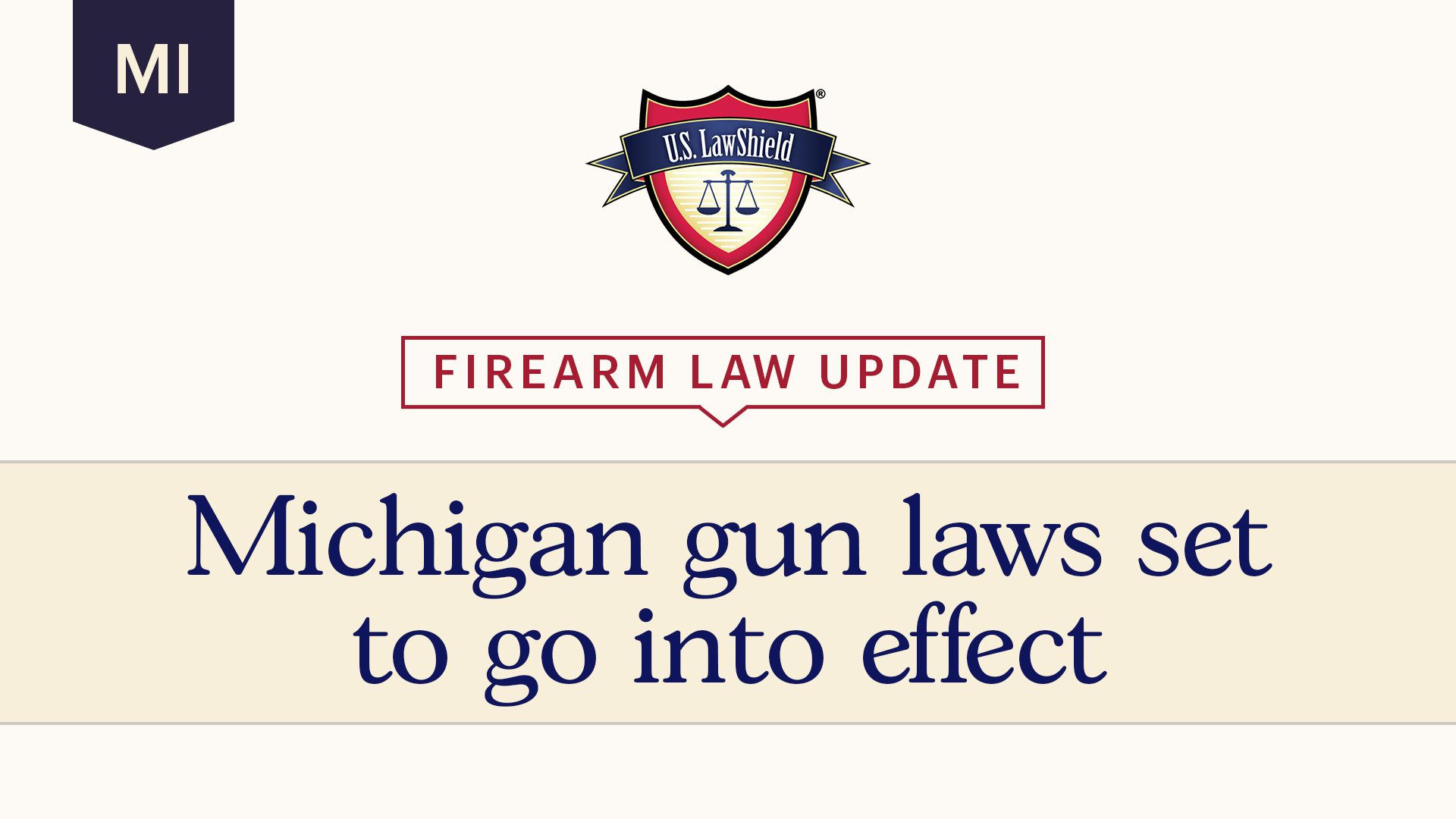The following is a video transcript.
While we are all interested in the proper and legal carry of firearms in our state, I still get a lot of questions at seminars and phone calls from members asking for clarification of the laws related to other forms of protection one can carry to defend themselves.
Do you need a permit to carry a non-lethal weapon?
You would be surprised how many times I am asked “Do I need a permit to carry one of these?” The answer is no. You do not need a special permit in Ohio to carry one of these weapons, but there are restrictions in the law that narrowly define which ones are legal and which ones are not. Let’s get into the different weapons you can and cannot use for non-lethal self-defense.
Non-Lethal Weapon #1: Mace or Pepper Spray
The two most common and really the only truly legal weapons are mace and pepper spray. These chemical irritants are used for temporary immobilization of the attack upon contact with the eyes, and sometimes even just touching skin. If anybody has seen these in action or have been unfortunate enough to have some get in their eyes or on their skin, they know just how uncomfortable it can make you. They are very effective.
Furthermore, depending on the brand and style, these can be used from a considerable distance and in a continuous deployment providing that extra layer of protection. These are perfectly legal to buy in a local retailer or online and are legal to carry concealed or openly in the state of Ohio.
Non-Lethal Weapon #2: Stun Guns and Tasers
Stun guns and/or tasers, which are conducted electrical weapons are utilized for temporary immobilization but are vastly different from each other as far as deployment and power are concerned. Stun guns require a physical touching of the device to the person, whereas the taser can be used from a distance that sends out two wire connected projectiles with barbs on the end. Once used, both send electricity into the body of the attacker, with the stun gun causing serious pain to stop the subject, and the taser introducing so much electricity into the person that the muscles seize, and the person cannot move.
Non-Lethal Weapon #3: How About Knives?
Finally, number three, anything you might have on you which is not being carried specifically as a weapon, but that you rely on if you need to defend yourself. The most common question I get on this is, “What about a knife?” Well, this is a topic for an entire video on its own because Ohio’s CCW Statute does little to help clarify the question about knives. Essentially knives are deadly weapons, so carrying them brings you within the statutory range.
Just think of it this way; if you are carrying the knife concealed and solely as a weapon, then you put yourself in danger of getting charged with CCW for carrying a deadly weapon concealed.
Regardless if you are attacked, you can use your knife or anything else you might have on you to defend yourself. The key is not to conceal anything and carry it solely for defensive purposes if it can be construed as a deadly weapon. And if you think about it, that can be a lot of things.
Justifications
Remember, all of the weapons I mentioned above are for defensive purposes only, and as long as they are used that way, they are perfectly legal. It is when they are used otherwise, in an aggressive manner and without justification, that they can be deemed a use of force. So, please do not deploy one of these without sufficient justification. Doing so can lead to criminal charges of assault and possible civil actions for damages to the person for which you could be liable.
Where are non-lethal weapons prohibited?
Always know the rules for wherever you’re going, as some places may prohibit such items, for instance, schools or your workplace. Government buildings and airplanes are no go zones when it comes to tasers and stun guns. It’s always a good idea to know the local laws where you are, as these are not considered firearms. As such, state preemption laws do not apply, leaving towns and other municipalities to pass laws regarding their use and carry.
As always, feel free to call U.S. LawShield and ask to speak with your Independent Program Attorney.





Leave A Comment